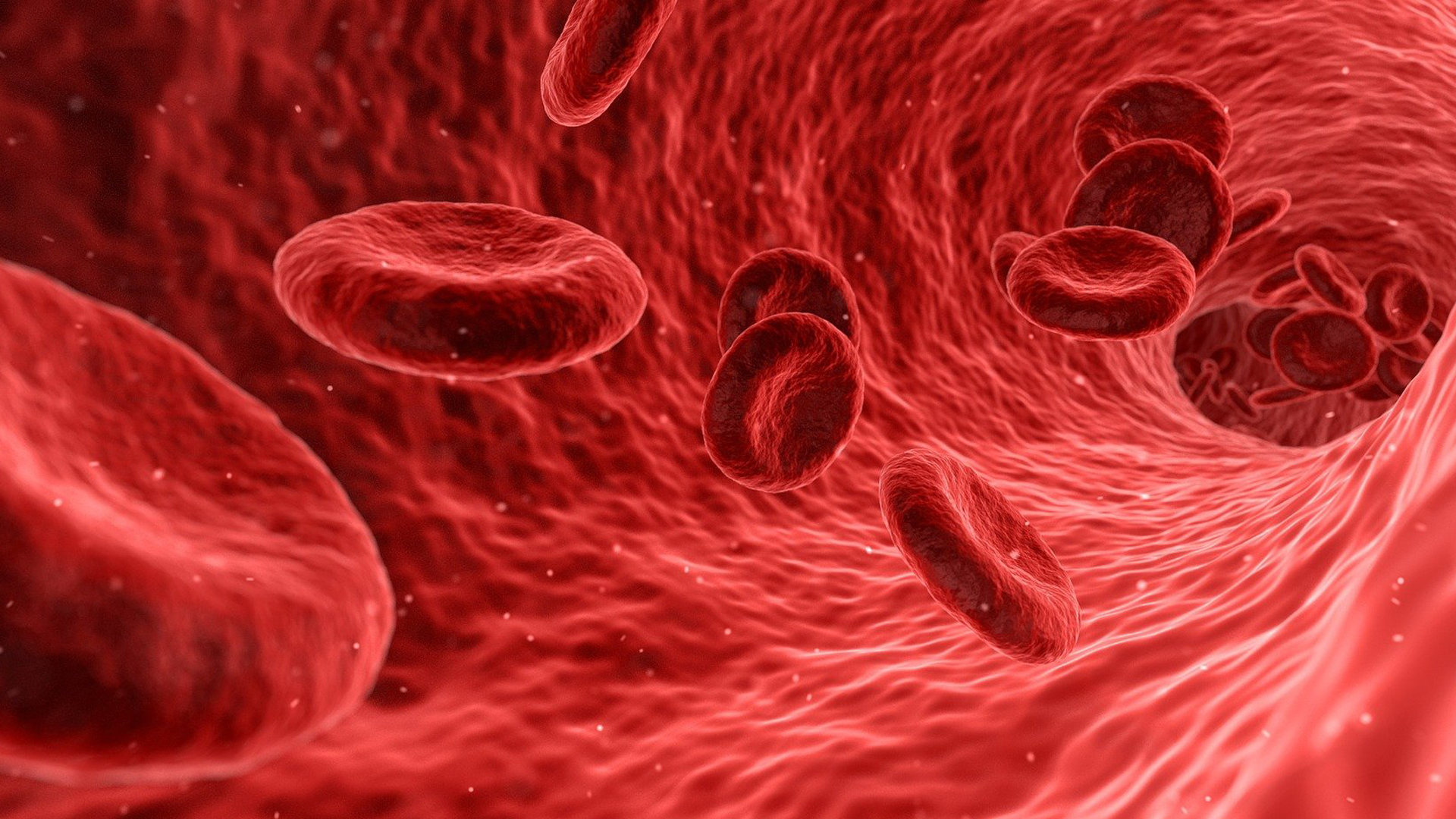Get Your Blood Tested to Know Your Health Status
THE IMPORTANCE OF TESTING
Blood tests are one of the main ways to stay informed about the status of your heart’s condition. Scheduling regular visits for physical check-ups and blood testing is part and parcel to the type of healthy, proactive lifestyle practices needed to live a long and happy life. Avoidance is never the answer, because the more you know, the sooner you can take the needed steps to keep yourself in good condition and mitigate the severity of any conditions that may arise.
LIPID PANELS
Common tests relevant to the heart, besides blood pressure and blood sugar, include a series of measurements called a lipid panel. Lipids are fats and fatty substances that the body uses as a source of energy. These include cholesterol, triglycerides, high-density lipoprotein (HDL), and low-density lipoprotein (LDL). Of the final two, HDL is generally considered “good cholesterol”, while LDL is considered “bad cholesterol”. Health care professionals will typically run tests examining the levels of these different types of lipids and may also test for very low density lipoprotein (VLDL), the ratio of total cholesterol to HDL, and the ratio of LDL to HDL. Lipid panels disclose the presence of fatty deposits that can build up as plaque on the walls of blood vessels and cause hardening and other structural damage in the arteries, as well as blockages that can all lead to heart disease.
STATINS
If a patient is found to have a high cholesterol level as a result of their lipid test, their physician may consider statin therapy as a preventative treatment plan. Statins are a class of medications that reduce illness and mortality in those who are at high risk of cardiovascular disease by lowering cholesterol levels in the blood. As with many medications, there are some conditional health factors that must be taken into account before a doctor prescribes statins.
Risk factors that doctors look for in prescribing statins include high total cholesterol, high blood pressure, diabetes, peripheral artery disease, overweight or obesity, lack of exercise, and tobacco use, and family history of heart disease. There are four primary groups of people that are suggested to benefit from the use of statins by the U.S. Preventive Services Task Force, the American College of Cardiology, and the American Heart Association. These include people without heart or blood vessel disease that have one or more risk factors and a high ten year risk of heart attack; people with heart disease related to hardened arteries; people with high LDL cholesterol; and people with diabetes.
Be certain to schedule regular physicals and blood tests, and if you fall into any of these categories check with your primary care physician to determine if statin therapy may be a necessary option for you.
USFHP
At USFHP we’ve developed incentive programs that give rewards to our members for meeting certain health goals.
USFHP has partnered with Welldoc, a recognized leader in healthcare tech, to bring you an app that helps you monitor your heart health. The HFStar app makes it easy for individuals living with heart disease to manage their health with the app’s symptom tracker, coaching, education and accountability. Every time you track in HFStar you get real-time feedback that helps you feel more confident about managing your condition.
You can download the “HFStar'' app from the iTunes App Store or Google Play Store at the links below. Enter access code: HEART4U to complete registration.
Call 1-800-241-4848, we will walk you quickly through the process and help you schedule an appointment with your primary care physician to get you tested right away.



